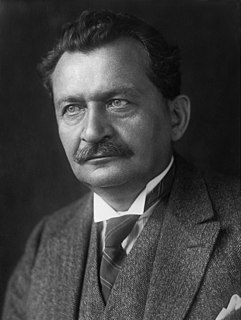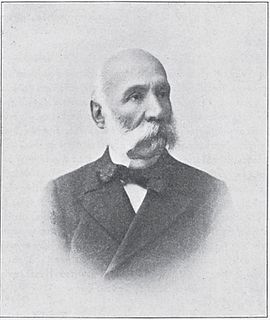The Greens of Andorra is a green political party in Andorra.

Federal elections were held in Germany on 7 December 1924, the second that year. The Reichstag had been dissolved on 20 October 1924. The Social Democratic Party remained the largest party in the Reichstag with an increased share of the vote, winning 131 of the 493 seats. Voter turnout was 78.8%.

General elections were held in Belgium on 5 April 1925. The result was a victory for the Belgian Labour Party, which won 78 of the 187 seats in the Chamber of Representatives. Voter turnout was 92.8% in the Chamber election and 92.7% in the Senate election.
Elections to the Supreme Soviet were held in the Soviet Union on 12 March 1950.

Parliamentary elections were held in Bulgaria on 24 December 1939, although voting continued in some areas into January 1940. The elections were officially held on a non-partisan basis with the Bulgarian Agrarian National Union and Bulgarian Communist Party banned, and in a process tightly controlled by Tsar Boris III, by then the real power in the country. However, candidates representing parties did contest the elections. Pro-government candidates won a majority of seats. Voter turnout was 67.2%.

Parliamentary elections were held in Greece on 23 September 1879. Supporters of Alexandros Koumoundouros and Theodoros Deligiannis emerged as the largest bloc in Parliament, with 100 of the 207 seats. Koumoundouros remained Prime Minister until 22 March the following year.

Parliamentary elections were held in Greece on 14 October 1890. Supporters of Theodoros Deligiannis emerged as the largest bloc in Parliament, with 100 of the 150 seats. Deligiannis became Prime Minister for the second time on 5 November.

Parliamentary elections were held in Greece on 16 April 1895. Supporters of Theodoros Deligiannis emerged as the largest bloc in Parliament, with 150 of the 207 seats. Deligiannis became Prime Minister for the third time the 11 June.

Parliamentary elections were held in Greece on 7 February 1899. Although Charilaos Trikoupis died in 1896, his supporters emerged as the largest bloc in Parliament, with 110 of the 235 seats, Georgios Theotokis, his successor as a leader of the New Party became Prime Minister after the election.

Parliamentary elections were held in Greece on 17 November 1902. Supporters of Theodoros Deligiannis emerged as the largest bloc in Parliament, with 110 of the 235 seats. Deligiannis became Prime Minister for the fourth time on 6 December.

Parliamentary elections were held in Greece on 20 February 1905. Supporters of Theodoros Deligiannis emerged as the largest bloc in Parliament, with 144 of the 235 seats. Deligiannis remained Prime Minister after the election, but died on 13 June and was succeeded by Dimitrios Rallis.

General elections were held in Portugal on 28 April 1918, following a coup by Sidónio Pais in December 1917. The elections were boycotted by the Democratic Party, the Evolutionist Party and the Republican Union, who had won over 90% of the seats in the 1915 elections.

Parliamentary elections were held in Portugal on 30 October 1938. The country was a one-party state at the time and the National Union was the only party to contest the elections, with no opposition candidates allowed to run.

Parliamentary elections were held in Portugal on 1 November 1942. The country was a one-party state at the time and the National Union was the only party to contest the elections, with no opposition candidates allowed to run.
Folketing elections were held in Denmark on 7 June 1864. The National Liberal Party emerged as the largest faction, winning 40 of the 101 seats. Following the elections, Christian Albrecht Bluhme became Prime Minister on 7 July.

The United Labour Social Democratic Party was a political party in Bulgaria.
The Tenants' Union was a political party in Estonia.
Folketing elections were held in Denmark on 14 June 1855 in order to approve amendments to the constitution. Peter Georg Bang remained Prime Minister following the elections.
Folketing elections were held in Denmark on 14 June 1858. Carl Christian Hall remained Prime Minister following the elections.
Folketing elections were held in Denmark on 14 June 1861. Carl Christian Hall remained Prime Minister following the elections.










